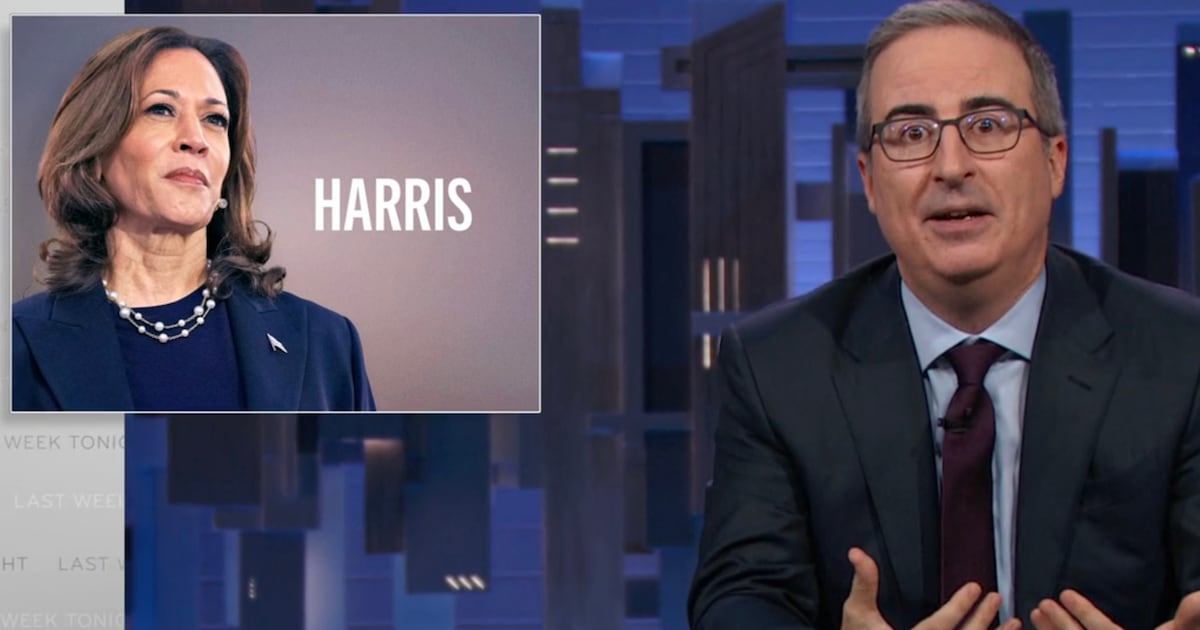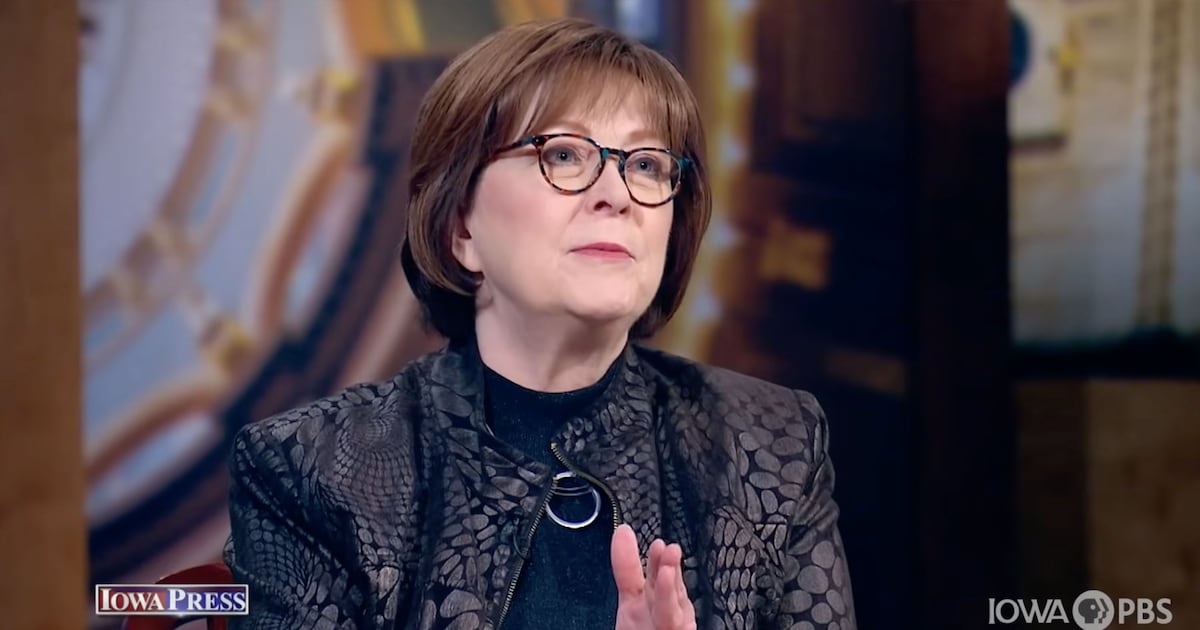This is how a narcissist admits he was wrong.
Let’s say he was wrong about trade deals. Wrong they were on balance bad for the United States. Wrong that new ones like the Trans-Pacific Partnership, actually offered next generation improvements on past deals. Wrong that an existing one like NAFTA was “the worst deal in the history of the world.”
Since he’s a narcissist (and let’s assume the person we’re talking about is a he…and the President of the United States, say), he can’t admit errors. He doesn’t believe he makes errors. Errors are made by the Deep State and blamed on him as part of their plots. So, instead what he does is, he attacks the deals, throws the world into chaos by withdrawing from them or threatening to, attacks our trading partners and their leaders, goes big with his initial but grossly wrong-headed beliefs. Then, at the eleventh hour, when his bad policies are about to flush the good economy he inherited from his predecessor down the toilet, he rebrands the bad old deal as a new one with a shiny new name, makes a few relatively modest changes, takes credit for it, and declares victory.
ADVERTISEMENT
That is what happened with the trade deal the U.S. announced with Mexico and Canada today. That is also what happened with the trade deal the U.S. announced with South Korea a few weeks back. And ultimately, that is what will happen with the trade deals that Trump will announce with China and Europe—although there is still plenty of room for mayhem on both fronts in the interim.
Trump has rebranded NAFTA with an unpronounceable new name USMCA, which has already triggered a host of YMCA song parodies on the Twitterverse and which is destined to become, as the astute David Frum of The Atlantic put it, “the Avenue of the Americas of trade” deal names. (Non-New Yorkers will be forgiven if they don’t know that despite Sixth Avenue being renamed Avenue of the Americas in 1945, it is still referred to by Manhattanites exclusively as Sixth Avenue.)
The new deal has some important good things going for it. Most are not the ones Trump touted in his celebratory press conference today—which won’t matter since the press conference went wildly off course with questions about the Kavanaugh nomination controversy and no one who was watching will be faulted for not remembering a thing he said about trade. Instead, the best things about the deal are that it did not blow up NAFTA, which was, long before Trump got anywhere near it, America’s biggest trade agreement. It kept intact important parts of the agreement—largely thanks to the hard work of the Canadian and Mexican negotiating teams—like dispute resolution provisions. Nor did it add bad clauses Trump’s team was seeking, like a sunset agreement that could have had us replaying this drama every few years.
Another good part of the agreement was that it cut and pasted language wholesale from the TPP agreement, which we pulled out of as part of Trump’s scorched earth policy of undoing as many international agreements and institutions as he can while in office. These have enabled the agreement to be modernized to include new industries and to be more compliant with international standards associated with such deals (NAFTA was first passed a quarter century ago and it was long overdue for an update.)
There were some minor victories associated with this deal. U.S. dairy farmers will gain access to just over 3.5 percent of the Canadian dairy market—even more than they would have gotten under TPP. Some auto manufacturing workers’ wages will go up in Mexico. This theoretically will undercut their ability to attract manufacturers to Mexico and make them stay here. But in fact this provision is more likely to accelerate already in place trends toward robotics and other forms of automation.
Will the deal cut the $800 billion U.S. trade deficit that Trump has complained about? It definitely will. Because the U.S. trade deficit is actually only $566 billion. Will it stop Canada from taking advantage of America? Also, definitely, since we actually have a trade surplus with them. Lying about statistics that your base will never check clearly has its benefits. Will it create new jobs in America? Some, maybe. Not so many. Will it trigger a rebirth in U.S. manufacturing job creation? No. Those jobs were not exported to other countries, they were exported to the past. Technology is the issue and tariffs don’t make clocks run backwards. Further, the deal does not address the steel and aluminum tariff impasse, which remains in place with Canada as with the world. And a host of other substantial trade problems between the three countries remain unaddressed.
In short, the deal is not quite a nothing-burger but it is not the revolution in trade Trump touted today. Worse, by cutting this deal, Trump has created some cover for himself to prosecute his deepening trade wars with the EU and China. Ominously, in this vein, on the same day the NAFTA 1.1 deal was announced, Secretary of Defense James Mattis was forced to cancel planned talks with the Chinese because they refused to see him due to deteriorating conditions between the two countries—the world’s two most powerful and important nations. A trade war with the EU over cars would upset America’s most important alliance and one with China will increase tensions in the world’s most important bilateral relationship.
Perhaps though, there is in this New Coke of North American trade deals something encouraging on those fronts as well. We have seen once again how a narcissist negotiates. With bluster but also with a propensity to fold if just a little ego-gratification can come out of the final agreement. Trump knows that a trade war with China or 25 percent auto tariffs will ultimately cause the greatest pain to his base. He doesn’t want that in the run-up to 2020. And he also knows his base will be perfectly happy if he capitulates, picks up a few minor concessions, and declares victory. And that is why this latest deal is the most compelling evidence that is precisely what is likely to happen with the other great self-imposed trade crises facing Donald Trump and America.





